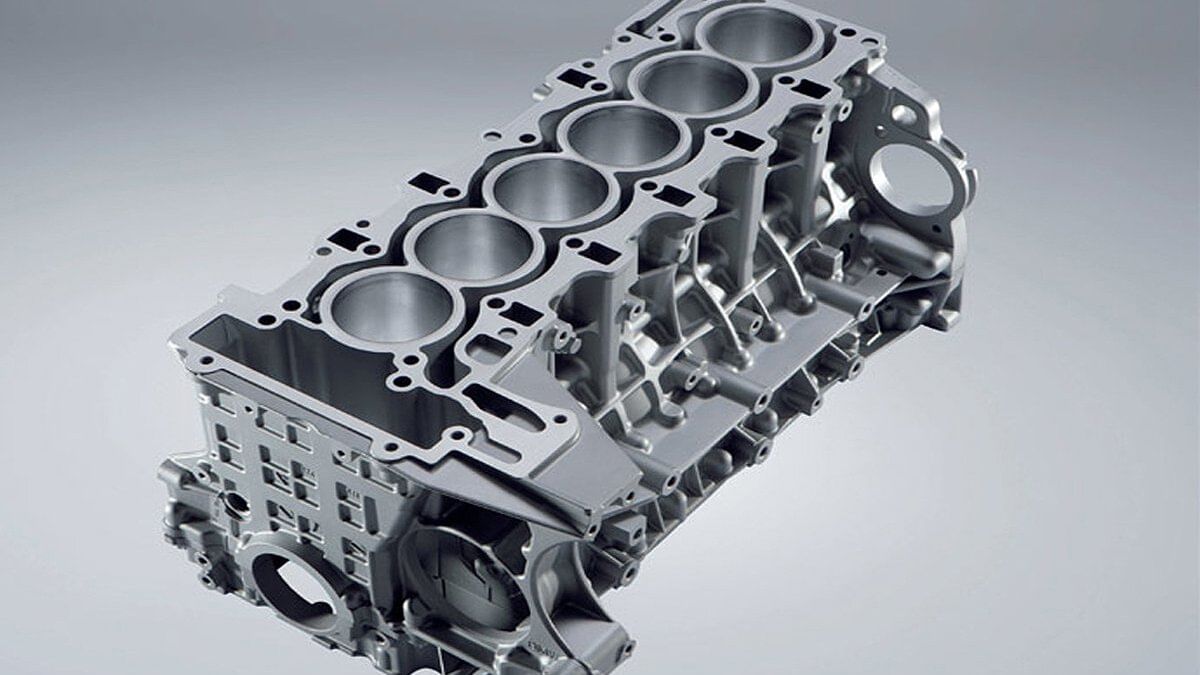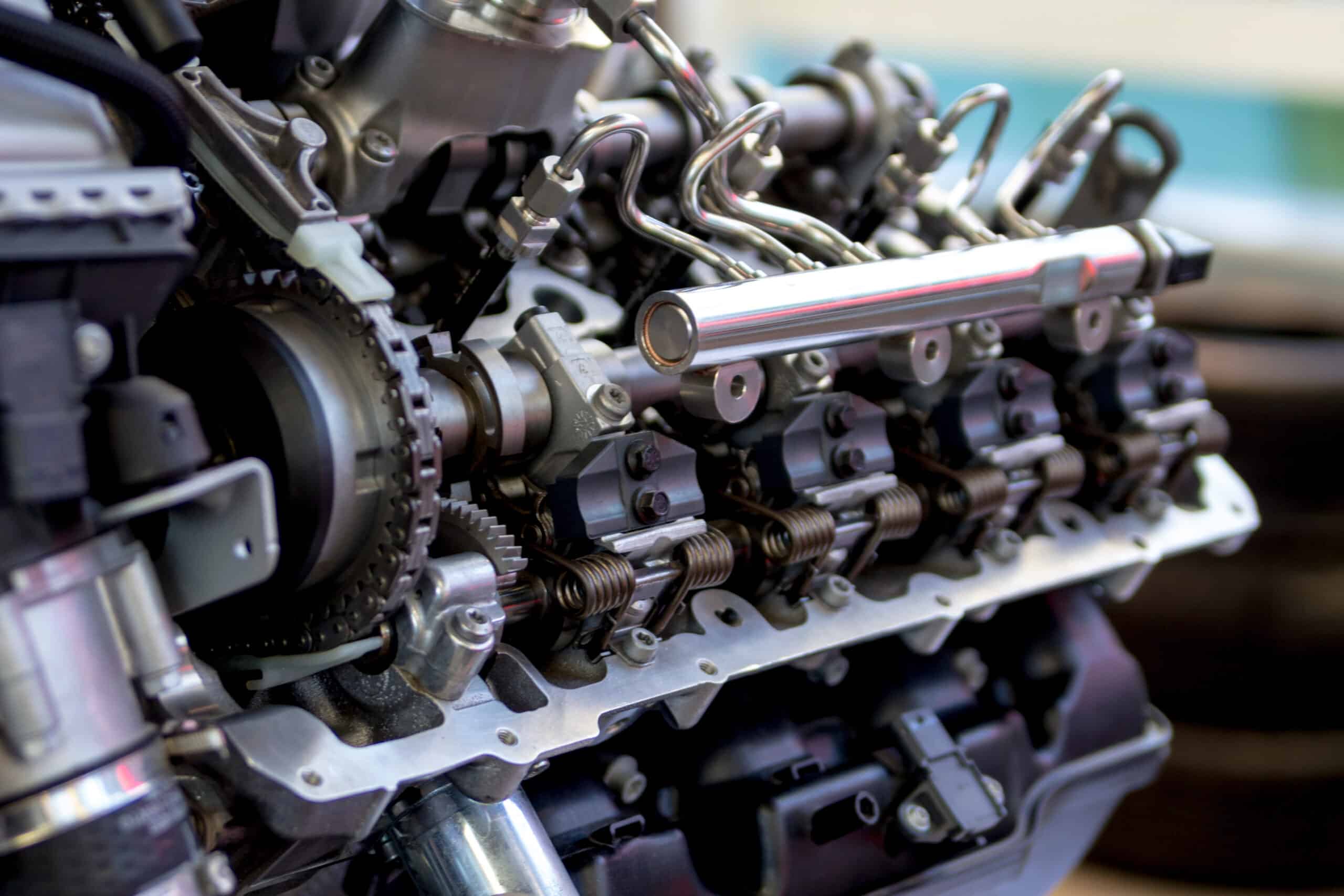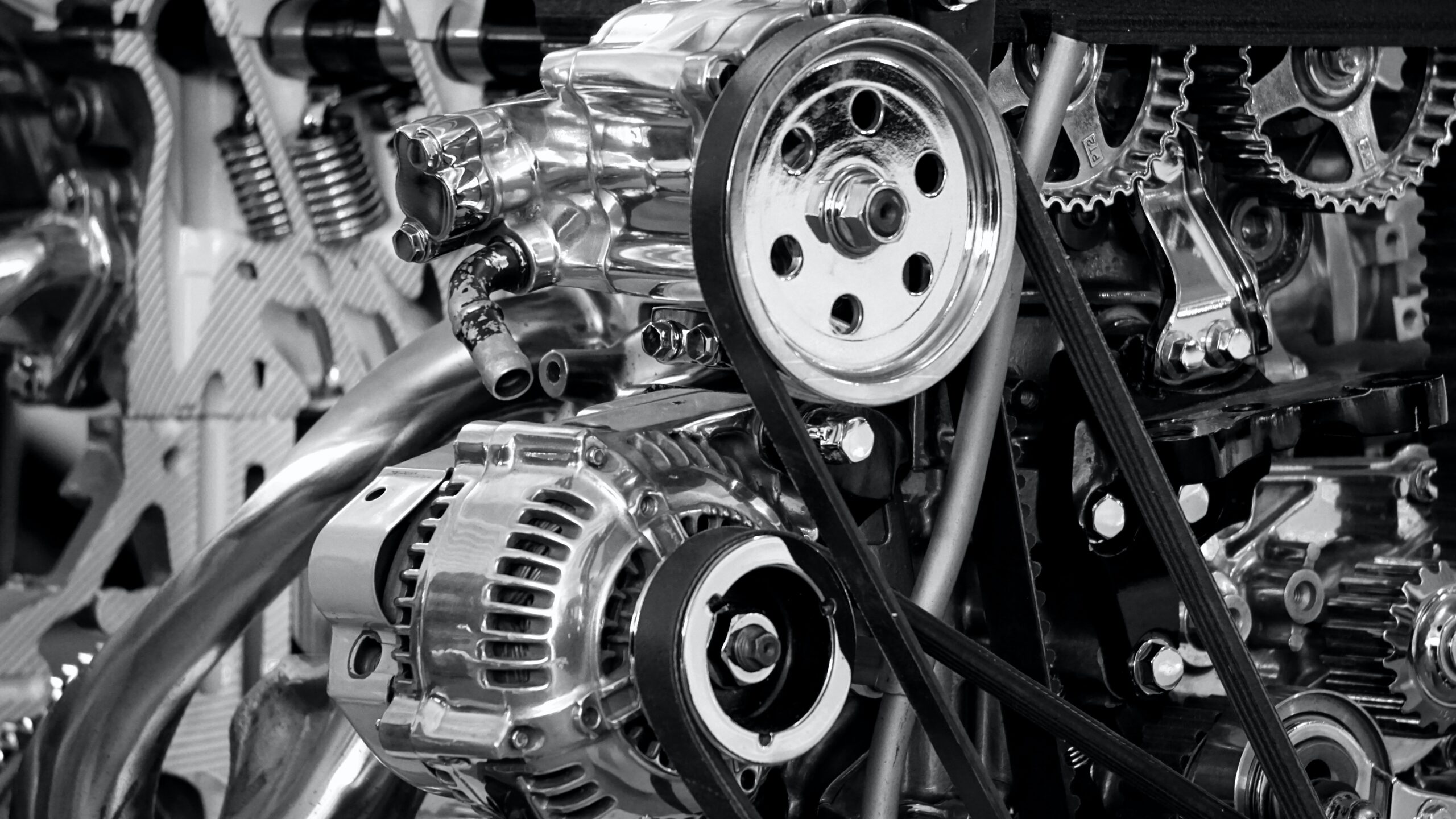Optimize Your Financial Investment with Engines For Africa's Variety
Discover a Wide Range of Engines for Every Vehicle and Purpose
The automotive landscape is increasingly complex, with a diverse array of engine types designed to fulfill details efficiency and performance demands throughout different car classifications. From the high-performance engines that power cars to the fuel-efficient options tailored for everyday travelling, the choices are huge and differed. In addition, sturdy engines offer the demands of work cars, while green choices are getting traction in the pursuit of lasting transport. Comprehending these distinctions is essential for making informed choices, especially as emerging modern technologies proceed to shape the future of automotive design. What ramifications might these developments hold for producers and consumers alike?
Kinds of Automotive Engines
Automotive engines can be categorized into several distinctive kinds, each created to satisfy certain efficiency and efficiency demands. One of the most typical classifications consist of inner burning engines, electrical engines, and hybrid systems.

Electric engines, on the various other hand, operate electric power kept in batteries, supplying immediate torque and zero discharges. These engines are becoming progressively prominent due to innovations in battery modern technology and the expanding focus on sustainability.
Crossbreed systems incorporate both internal burning and electric engines, allowing lorries to enhance fuel performance and minimize exhausts by perfectly changing in between source of power. Each engine kind presents its advantages and negative aspects, affecting aspects such as car design, planned use, and market demand. Comprehending these distinctions is essential for customers and producers alike when selecting the appropriate engine for their details demands.
Performance Engines for Sports Cars
Performance engines for sports automobiles are particularly engineered to provide enhanced power, speed, and agility, setting them apart from basic automotive engines. These engines often utilize innovative modern technologies such as turbocharging, turbo charging, and variable valve timing to make best use of performance and responsiveness.
Normally, performance engines are designed with greater compression proportions, which enable greater power extraction from fuel. This causes excellent horsepower and torque numbers, allowing rapid velocity and greater top rates. The lightweight materials utilized in these engines, such as aluminum and carbon fiber, add to decreased total car weight, enhancing handling and ability to move.
Engine configurations like V6, V8, and also hybrid systems are typical in performance sporting activities vehicles, each offering one-of-a-kind benefits in regards to power delivery and driving characteristics. The tuning of these engines is likewise crucial; lots of producers maximize the engine management systems to supply an exciting driving experience, often including sporting activity modes that change throttle feedback and gear shifts.
Effective Engines for Daily Commuters
In the world of daily travelling, reliable engines play an essential duty in optimizing fuel economic situation and minimizing discharges while supplying reliable performance. As metropolitan populaces grow and environmental issues escalate, the demand for cars furnished with reliable powertrains has actually surged.
Modern engines designed for everyday commuters usually incorporate technologies such as turbocharging, direct fuel shot, and crossbreed systems. Turbocharging boosts engine performance forcibly even more air into the combustion chamber, permitting smaller, lighter engines that do not jeopardize power outcome. Straight gas shot enhances gas atomization, bring about far better burning and increased efficiency.
Hybrid engines, combining internal combustion with electric click reference power, more augment gas economic situation, particularly in stop-and-go traffic, where traditional engines can suffer from inefficiencies. Electric motors aid throughout velocity and can operate separately at low speeds, lowering total gas consumption.
Moreover, advancements in engine monitoring systems and light-weight products contribute significantly to efficient engine layout. By concentrating on performance, sturdiness, and environmental sustainability, manufacturers proceed to provide engines that not only meet the needs of everyday commuting yet likewise align with global initiatives to decrease carbon footprints.
Heavy-Duty Engines for Job Automobiles
Heavy-duty engines for job cars are routinely crafted to provide remarkable torque and reliability under requiring problems. These engines are designed to execute in atmospheres where standard engines may fail, such as building sites, logging procedures, and agricultural setups. The primary emphasis of heavy-duty engines is their capacity to produce high degrees of power while preserving durability over prolonged periods of operation.
Typically, sturdy engines utilize sophisticated materials and robust building and construction methods to withstand the rigors of hefty workloads. Functions such as enhanced cylinder blocks, boosted cooling systems, and advanced gas injection innovations add to their effectiveness. These engines commonly operate at lower RPMs, which assists to optimize fuel effectiveness while providing the required power for lugging and hauling.
In addition to mechanical toughness, click resources durable engines are usually geared up with advanced digital control devices (ECUs) that take care of performance, emissions, and diagnostics. This combination permits far better surveillance and maintenance, guaranteeing that work automobiles continue to be functional and reliable.
Ultimately, heavy-duty engines are a necessary part in the performance of different sectors, providing the required power and dependability to take on the hardest of jobs.
Eco-Friendly Engine Options
The expanding focus on sustainability has actually brought about the growth of environmentally friendly engine choices that prioritize decreased discharges and improved fuel efficiency. These engines are designed to minimize the ecological influence of lorries while still supplying the efficiency and dependability expected by consumers.
Amongst one of the most significant environment-friendly choices are electric and hybrid engines. Crossbreed engines incorporate typical inner burning engines with electric propulsion, allowing for lowered gas usage and lower greenhouse gas emissions. Electric engines, on the other hand, operate completely on battery power, generating absolutely no tailpipe exhausts and adding to cleaner air top quality.
Another promising advancement is the innovation of biofuel engines, which make use of sustainable sources, such as plant products, to power lorries (Engines For Africa). By using biofuels, these engines can reduce reliance on nonrenewable fuel sources and lower total carbon impacts

As the automotive sector advances, green engine choices will certainly play a critical role in driving the transition in the direction of more sustainable transportation remedies.
Conclusion
From high-performance engines that go to my blog improve sports car abilities to reliable versions prioritizing fuel economic climate for everyday travelers, each kind offers a certain function. Heavy-duty engines cater to durable job cars, while green choices, such as electric and biofuel engines, advertise sustainable transport.
